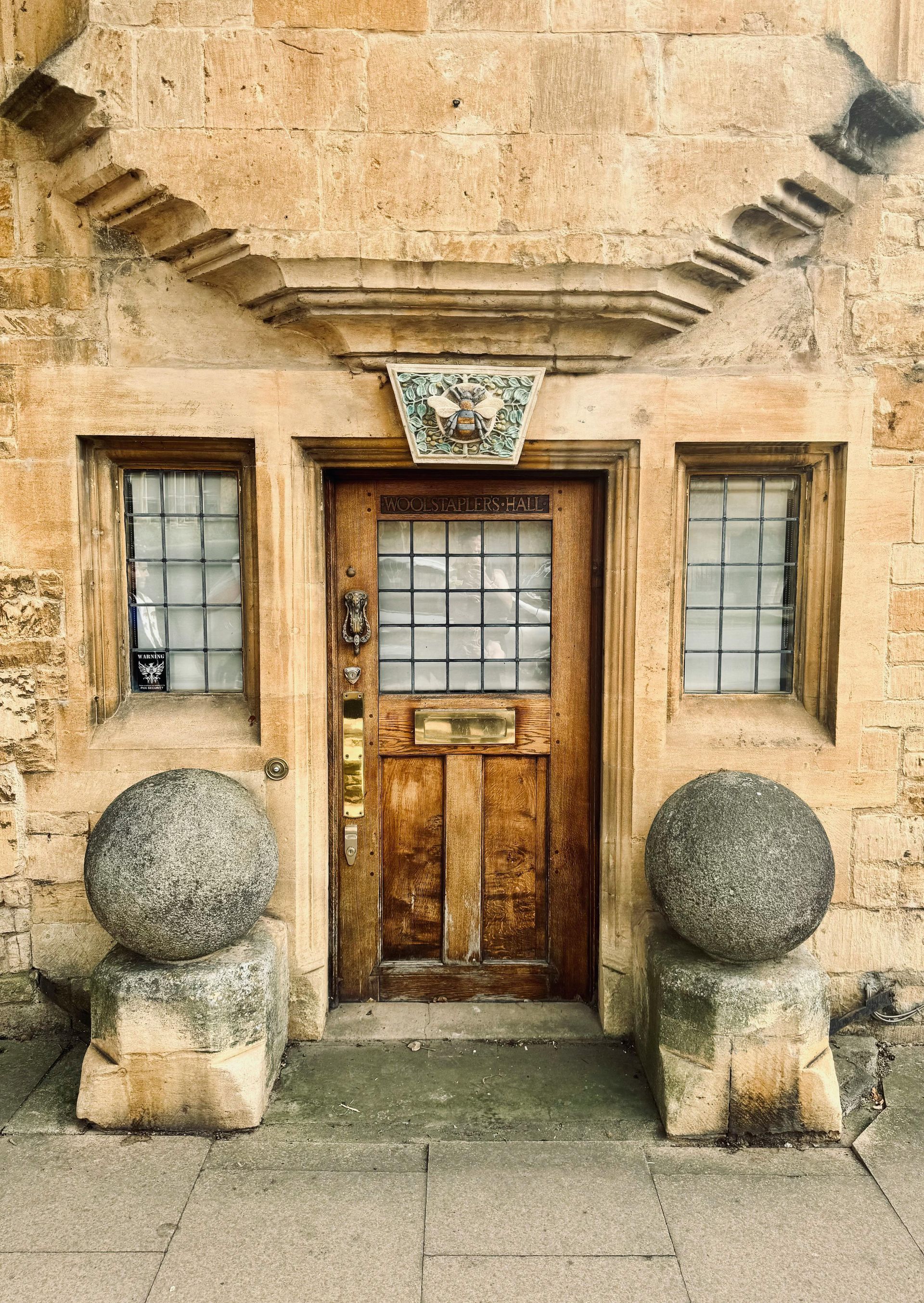Behind every major Qatari acquisition in London there is almost always more than just a buyer and a seller. Transactions are frequently orchestrated by family offices, supported by offshore entities, and advised on by legal and tax specialists working across multiple jurisdictions. For Qatari families, buying a property in Knightsbridge, Belgravia, or Oxford is not simply a lifestyle purchase — it is an exercise in wealth planning and structuring that often spans generations.
In 2025, this reliance on family offices and offshore structures has only intensified. With UK tax reforms tightening, global scrutiny of cross-border wealth increasing, and lenders more focused on regulatory compliance, Qatari families are ensuring that every property acquisition sits within a carefully designed framework. This article explores how and why these structures are used, the challenges they present, and how Willow Private Finance helps families navigate them.
The Central Role of the Family Office
Qatari families tend to operate through established family offices, often based in Doha but with extensions in international hubs such as London, Geneva, Jersey, or the Dubai International Financial Centre (DIFC). These offices act as the custodians of family wealth, coordinating investments across property, equities, private equity, and infrastructure.
When it comes to UK property acquisitions, the family office is rarely just an observer. It is the hub that decides whether an acquisition should be made through a trust, a corporate vehicle, or directly. It determines whether Sharia-compliant financing is required, or whether securities-backed lending against a global portfolio is more efficient. It ensures that the property sits neatly within estate and inheritance planning, and it often liaises with private banks to negotiate lending terms.
This contrasts with other international buyer groups. American buyers, as we discussed in our article on
Prime Central London property for American investors, often act individually or through advisors, with less emphasis on multi-generational structures. For Qatari families, by contrast, the family office is integral — acquisitions are rarely personal but almost always institutionalised within the family framework.
Offshore Structures: Why They Are Used
Properties purchased by Qatari families are often held through offshore companies or trusts. This is not about secrecy; it is about efficiency. Offshore structures provide:
- Succession planning: ensuring smooth transfer of ownership between generations without triggering unnecessary tax or probate issues.
- Asset protection: shielding family wealth from potential disputes or fragmentation.
- Tax alignment: integrating UK acquisitions with global tax strategies.
A Knightsbridge townhouse, for example, might be owned by a Guernsey company held within a Jersey trust, with the beneficial ownership sitting with the family. This layering may appear complex, but it reflects a coordinated approach to preserving family wealth.
We explored similar dynamics in our blog on
financing property held in family trusts, where lender attitudes towards trust-based borrowing were examined. For Qatari buyers, this structuring is non-negotiable — it is how wealth is managed, not just in property but across all asset classes.
Financing Within Offshore Structures
Financing a property held in an offshore vehicle requires specialist expertise. Many mainstream UK lenders are reluctant to engage with complex offshore structures, citing compliance and regulatory concerns. Those that do are often private banks with dedicated teams experienced in cross-border lending.
These banks will scrutinise beneficial ownership, demand transparency on ultimate controllers, and require legal opinions to ensure compliance. This can slow down transactions, but for Qatari families it is worth the additional work, as the long-term benefits of holding property through structured vehicles far outweigh short-term convenience.
In practice, financing can be arranged in several ways. A family office may opt for a conventional private bank mortgage, structured through the offshore entity. Alternatively, securities-backed lending may be used, with the property acting as part of a collateral pool alongside global investment portfolios. This strategy echoes themes from our guide to
cross-collateral property finance, where multiple assets are pledged to secure large facilities.
Case Example: A Belgravia Acquisition
To illustrate, consider a Qatari family acquiring a £25 million Belgravia mansion. The property is purchased through a Guernsey company, itself owned by a family trust in Jersey. The family office coordinates the acquisition, engaging UK tax advisers, offshore lawyers, and a private bank in London.
The bank provides a Sharia-compliant Diminishing Musharaka facility, structured through the offshore entity, with additional security provided by an investment portfolio held in Geneva. The property will serve as a London base for the family’s children during their studies, but its long-term role is as a generational asset within the family trust.
Without the offshore structure, succession planning would be complicated by UK inheritance tax and probate rules. With the structure in place, ownership is clearly defined and wealth transfer is managed seamlessly.
Challenges of Offshore Structuring
While offshore vehicles offer benefits, they are not without challenges. The UK government has tightened rules on transparency, with beneficial ownership registers and economic substance requirements creating more reporting obligations. Some lenders have reduced their appetite for offshore borrowing, narrowing the pool of available finance.
These challenges mean Qatari families need advisers who can navigate the detail. Our article on
trusts and property finance highlighted how lender attitudes are shifting. Successful transactions require aligning lender expectations with family office requirements — a balance that Willow Private Finance helps achieve.
Intergenerational Wealth and Continuity
For Qatari buyers, structuring is not just about tax. It is about continuity. Families often acquire multiple properties in London, Oxford, and Cambridge, each serving different branches of the family. By holding them within coordinated offshore structures, they ensure that wealth is consolidated and preserved.
This approach dovetails with estate planning. In our article on
intergenerational property finance, we examined how property finance supports wealth transfer. For Qatari families, offshore structuring is central to this process, ensuring that assets remain intact and aligned with family objectives across generations.
How Willow Private Finance Helps
At Willow Private Finance, we work alongside Qatari family offices, legal teams, and tax advisers to secure finance for offshore and trust-based acquisitions. Our role is not only to source lenders with the appetite for these structures but also to coordinate the moving parts — from legal opinions to beneficial ownership disclosures.
We understand the need for discretion, the importance of Sharia-compliant solutions, and the requirement to align borrowing with intergenerational objectives. Our relationships with private banks, both in London and internationally, allow us to deliver facilities that support the complexity of Qatari acquisitions while ensuring transactions complete smoothly.
Conclusion
In 2025, family offices and offshore structures remain the backbone of Qatari investment in UK property. These frameworks are not optional extras but integral to how wealth is preserved, transferred, and grown. While regulatory scrutiny has increased, the appetite of Qatari families for London property has not diminished.
By working with private banks, leveraging offshore entities, and ensuring Sharia compliance where required, Qatari families continue to secure some of the most prestigious properties in the UK. For them, structuring is not simply a technical detail — it is the foundation of intergenerational wealth strategy.
Frequently Asked Questions
Why do Qatari families use family offices and offshore structures for UK property?
Because such structures support intergenerational succession, asset protection, and tax alignment — providing a framework that transcends a simple buyer-seller transaction.
How do family offices function in the acquisition process?
They coordinate strategy, decide vehicle choice (trust vs company vs direct), connect private banks, ensure Sharia compliance if needed, and integrate the acquisition into the broader wealth plan.
What are the main benefits of offshore entities (companies/trusts) in UK property ownership?
They allow smoother generational transfer, shield assets from disputes or fragmentation, and integrate cross-jurisdiction tax strategies.
Willow Private Finance
What challenges do lenders pose when financing offshore-held property?
Many lenders are reluctant due to regulatory and compliance complexity. Those that do lend demand full transparency of beneficial ownership, legal opinions, and may slow down the process.
Willow Private Finance
How is finance typically structured for property held within offshore entities?
Options include private bank mortgages via the offshore vehicle or securities-backed lending where the property is one collateral among many global assets.
Willow Private Finance
Why is this structuring considered essential, not optional, for Qatari investors?
Because it embeds tax, inheritance, and continuity logic into the transaction. Structuring is the backbone of their long-term, generational property strategy.
Willow Private Finance
📞 Want Help Structuring Offshore or Trust-Based Finance?
Whether your family office is acquiring in Knightsbridge, Oxford, or beyond, Willow Private Finance can help align financing with your wealth strategy.











